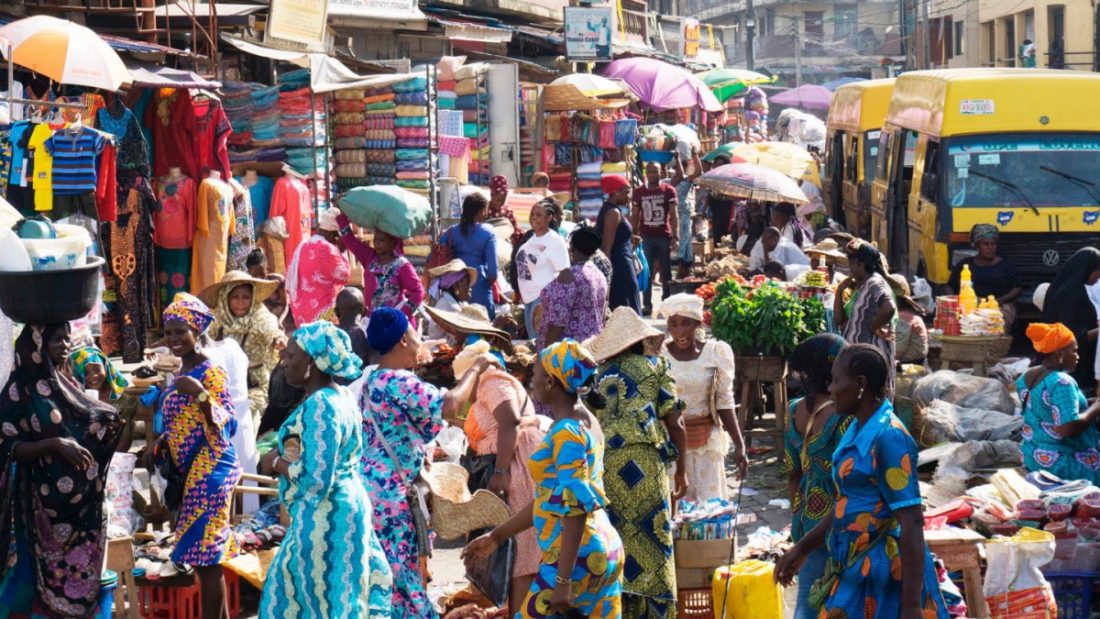MINNA, Nigeria — As Niger State embarks on a crucial mission to distribute food palliatives, the standing committees responsible for this effort are running into significant obstacles.
Food prices have soared in local markets, complicating the committees’ ability to secure sufficient supplies.
This comes from Governor Mohammed Bago’s directive that all food for the palliative effort should be purchased from local sources rather than distributing cash to residents.
The hike in food prices has affected several local government areas, making it impossible to secure enough grains with the allocated funds.
The state governor had warned that any standing committee caught distributing cash instead of food would face sanctions.
Governor Bago’s decision to use local markets was aimed at supporting local traders and farmers.
However, this well-intended policy seems to have backfired as traders have capitalized on the situation by inflating food prices.
“In hindsight, we did not anticipate that our directive would lead to such a surge in prices. The essence was to support local businesses, but it appears some individuals are taking advantage of the situation,” said a source from the governor’s office who asked not to be named due to the sensitivity of the matter.
As a result, some members of the standing committees have resorted to scouring the countryside for farmers who may have stored grains.
This desperate measure is an attempt to fulfill the required quantity of foodstuffs needed for the palliative distribution, which experienced delays as local government areas struggled to commence their distributions.
Governor Bago had outlined a three-day window for the distribution of fuel subsidy removal palliatives, spanning from September 6 to 8.
However, at the time of this report, several wards and polling units were still waiting for their allotment.
The situation has put tremendous pressure on political appointees and local officials, who are caught between the governor’s directives and the reality on the ground.
The initiative to aid the economically vulnerable is now struggling under the weight of market forces and logistical issues.
“The directive from the governor was clear, but the realities in the market are making it difficult to implement. We’re now looking for alternative ways to ensure the palliatives reach the intended recipients,” said a local standing committee member, who requested anonymity.
As the clock ticks on the government’s ambitious plan, the state’s standing committees are in a race against time to rectify the situation and deliver much-needed assistance to the residents of Niger State.







